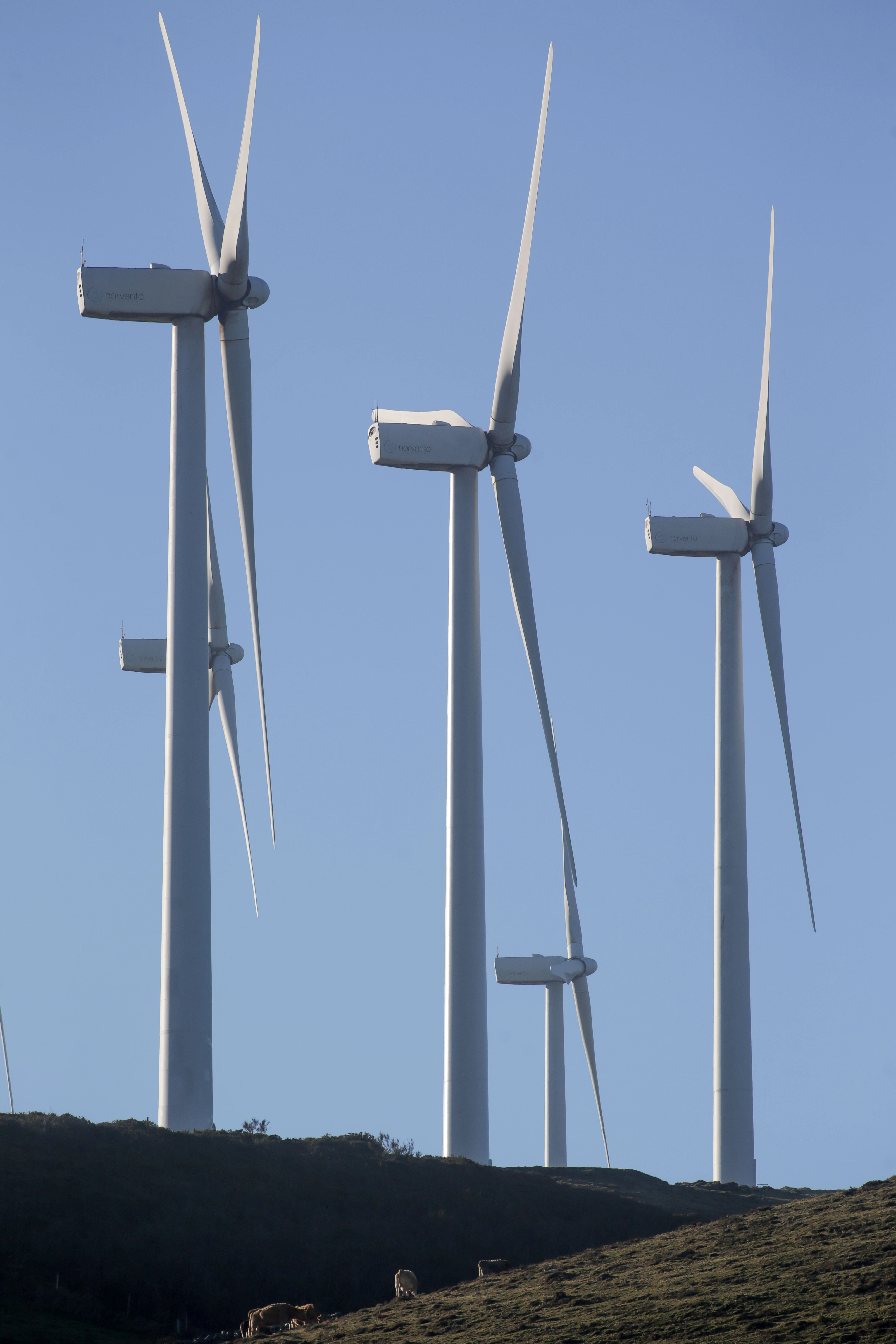Petrodollars for factories: why the Gulf countries want energy from Spain

That the sovereign wealth fund of a country on the Arabian Peninsula, with its corresponding dependence on oil, is part of a Spanish company is no longer a novelty in the business ecosystem. The intention of TAQA, the state energy company of the United Arab Emirates, to submit a takeover bid for Naturgy along with CriteriaCaixa is another step for oil states with high liquidity from their oil wells; and the need to spread the eggs among several baskets until the last days of crude oil, which is a few decades from now.
The energy sector already has petrodollar interests in almost all of its shareholders. For example, in the case of Cepsa, Mubadala (also from the Emirates) owns more than 60% of the firm. The same fund owns 3% of Enagás shares. The Qatari fund came to Iberdrola in 2011 and now owns 8.7%. He is its first shareholder. Since its inception, the company has grown “always driven by Qatar’s support for its investment model in renewable energy, smart grids and storage.” They are satisfied with this position, say the company headed by Ignacio Galan.
Because at the heart of all these operations is the replacement of oil for windmills and photovoltaics. According to IG’s Sergio Avila, “TAQA’s entry into Naturgy marks a turning point as it could redirect business strategy towards cleaner energy sources, away from traditional assets such as coal and gas.” In addition, Ávila expects that the operation “could stimulate new investment in Spain, promoting economic growth and innovation in the sector.”
The reason why the Gulf monarchies are turning their attention to Spain is due to “their need to diversify because they have a lot of resources and a lot of funds to invest in the rest of the world,” according to Angel Saza, director of EsadeGeo. . He states that all of these economies “now have plenty of oil resources, but they already see that their fossil fuels could suffer in the future when demand begins to fall.”
Another “strategic” company
The controversy over this operation forced the government to take a stand, as was the case with Telefonica and the arrival of the Saudis from STC. Is Naturgy strategic enough to condition a takeover bid and even become a shareholder through SEPI? According to Javier Molina, senior market analyst at eToro, government oversight “is necessary to protect national interests, but also creates an uncertain environment for investors who must carefully weigh the risks and rewards involved.”
Naturgy has one of Spain’s largest energy assets: a gas pipeline that connects the Iberian Peninsula to Algeria and through which it currently receives more than 20% of the natural gas the economy needs. For this reason, with the participation of CriteriaCaixa, there is a calmness in the management, awaiting what may happen, knowing that the strategic partner, led by Isidro Faine, president of the firm, will be able to bring the operation to a successful conclusion without strategic interests. risky.
